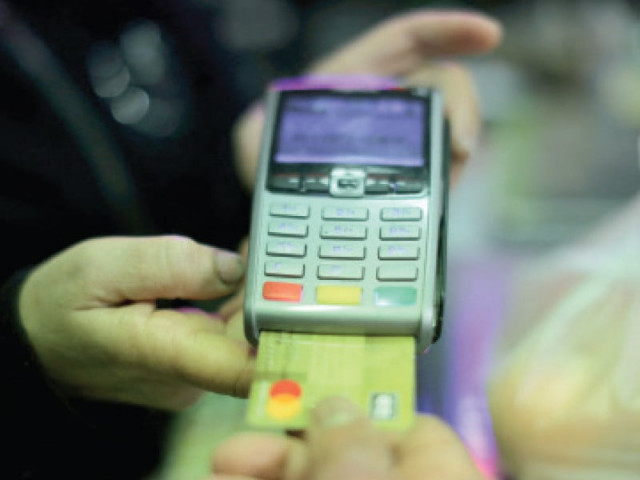Retail sector faces decline on higher taxes
CAP urges govt to maintain 15% GST rate, support digitalisation to stabilise industry

The organised retail industry, which comprises roughly 5% of Pakistan’s total retail sector, is feeling the heat of higher taxation and economic uncertainty. Stakeholders claim that the sector’s physical presence is declining daily. The chairman of the Chainstore Association of Pakistan (CAP), Rana Tariq Mehboob, stated that despite efforts to rationalise retail sector taxation, proposed tax reforms have led to the closure of several integrated Tier-1 retailers and the reduction of many others’ physical retail networks over the past two years.
“This has resulted in shrinking employment within the formal sector and stagnation of domestic investment in branded retail. CAP firmly believes that thorough digitalisation can address the elusive taxation reforms of the retail sector,” Mehboob added.
CAP urged the government to maintain the 15% GST rate for Integrated Tier-1 retailers by retaining S-No 66 of the Eight Schedule of the Sales Tax Act 1990, proposed to be omitted in the Finance Bill 2024. The FBR-POS integration has been instrumental in digitalising taxation efforts.
CAP emphasised that strategic, sequential measures, implemented in consultation with progressive retailers, will promote economic growth and sustainable tax compliance across the entire retail sector.
Mehboob stated that CAP represents Tier-1 retailers integrated with the FBR-POS system. The organised retail sector contributes significantly to Pakistan’s formal economy, directly employing over 2,000,000 people and indirectly supporting many more through shopping malls, manufacturers, service providers, and the cottage industry among over 50 other sectors.
He noted that when FBR-POS integration was introduced in 2019, the GST rate for locally produced textile and leather products was 9%. This rate has since been increased to 15%, making domestic Tier-1 retailers uncompetitive and hampering digitalisation efforts.
Although a maximum GST rate of 12% should be restored, maintaining the current GST rate at 15% will partially incentivise customers of Tier-1 retailers, allowing some competitiveness for the formal sector. “The Finance Bill 2024’s proposed increase to 18% will further disadvantage tax-compliant retailers and reverse all gains towards digitalisation of the retail sector over the past 5 years,” Mehboob warned.



















COMMENTS
Comments are moderated and generally will be posted if they are on-topic and not abusive.
For more information, please see our Comments FAQ